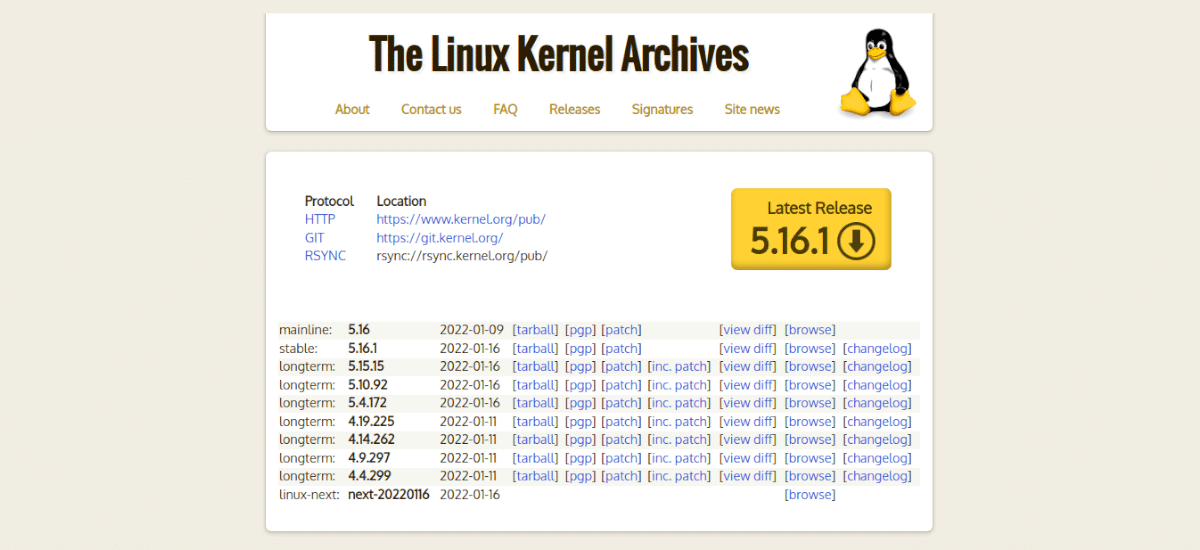
It is wise. It was commented. We were waiting for it, but we didn't know when it would happen. Linux 5.15 was launched at the beginning of November, and they soon said that it would be a version of those that are supported for a longer time. It's likely that the decision was made to have an LTS version in 2021, but the important thing is that it was going to be a supported version for a longer period of time than normal releases. But, until recently, the only information we had about it were some reports.
Today, January 16, two Linux kernel updates have been released. The most up-to-date stable version is Linux 5.16.1, and the kernel maintainers recommend mass adoption after the first point update. Around the same time they have released Linux 5.15.15, and as you can see in the header screenshot or by going to kernel.org, the “longterm” synonymous with LTS already appears next to it (Long Term Support).
Initially, Linux 5.15 will be supported until the end of 2023
Two days ago we echoed of a rumor that is closer to news that assured that Ubuntu 22.04 would use Linux 5.15, precisely because it is an LTS version. There we also reported that this version of the Linux kernel will be supported until October of 2023, unless plans change and someone decides to keep it longer as happened with 5.10. If they don't extend support, Jammy Jellyfish will be left with an unsupported kernel 18 months after its release. But don't panic: by default, Canonical updates the kernel of its LTS versions unless changes are made by the user.
Among the novelties introduced by Linux 5.15 we have native support for the NTFS file system or improved support for different chips or SoCs, including Apple's M1. I also know dropped support for using NTLM, so it can no longer be used on hardware that still works with older versions of Samba.